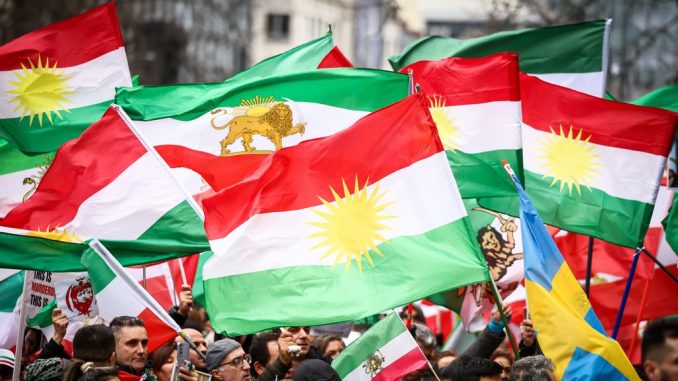
Executions in Iran continue
Iran executed at least 582 people in 2022, marking the highest number of executions since 2015, according to a report by the Iranian Human Rights (IHR) and Ensemble Contre La Peine de Mort, a French human rights organization. This represents a 75% increase compared to the previous year, in which at least 333 people were executed. The majority of those executed were convicted of drug-related crimes, which increased by 60% to 256, while most of the others were convicted of murder.
Mahmood Amiry Moghaddam, director of IHR, has described Iran as an “execution machine” and raised concerns about the country’s human rights record. The report also highlighted that the number of executions increased sharply in the months following protests against the Iranian regime. In September 2022, people took to the streets in response to the death of 22-year-old Mahsa Amini, who died in a police cell after being detained by the morality police. The protests were violently suppressed, and thousands of demonstrators were arrested.
Although only two protesters were executed in 2022, the report suggests that there is a clear connection between the executions and the protests. According to IHR and Ensemble Contre La Peine de Mort, Iran increased the number of executions to intimidate and deter protesters from taking to the streets again. The report raises concerns about Iran’s treatment of protesters and highlights the country’s poor human rights record.
It is difficult to say how many executions actually took place in Iran as the government does not report all executions. The figures provided by IHR and Ensemble Contre La Peine de Mort are based on reports from the Iranian state as well as other unofficial sources, such as eyewitnesses, prison employees, and employees of the Iranian judiciary.
The report has prompted international condemnation and calls for Iran to improve its human rights record. The United Nations has previously raised concerns about Iran’s use of the death penalty, particularly for drug-related offenses, and has called on the country to abolish the practice.
Iran is one of the few countries in the world that still carries out public executions, which are often carried out by hanging. The country has been criticized for its use of the death penalty, particularly for crimes that do not meet the threshold of the “most serious crimes” as defined under international law. Human rights organizations have also criticized Iran’s use of torture and the lack of due process in its judicial system.
The report by IHR and Ensemble Contre La Peine de Mort highlights the need for Iran to address its human rights record and to ensure that the rights of its citizens are protected. The use of the death penalty, particularly for drug-related offenses, is a controversial issue, and Iran should consider alternative measures, such as drug treatment programs, to tackle drug-related crime.
The international community should continue to put pressure on Iran to improve its human rights record and to abolish the death penalty. The use of the death penalty is a violation of fundamental human rights, and Iran should take steps to ensure that its citizens are not subjected to cruel and inhumane treatment.

Be the first to comment